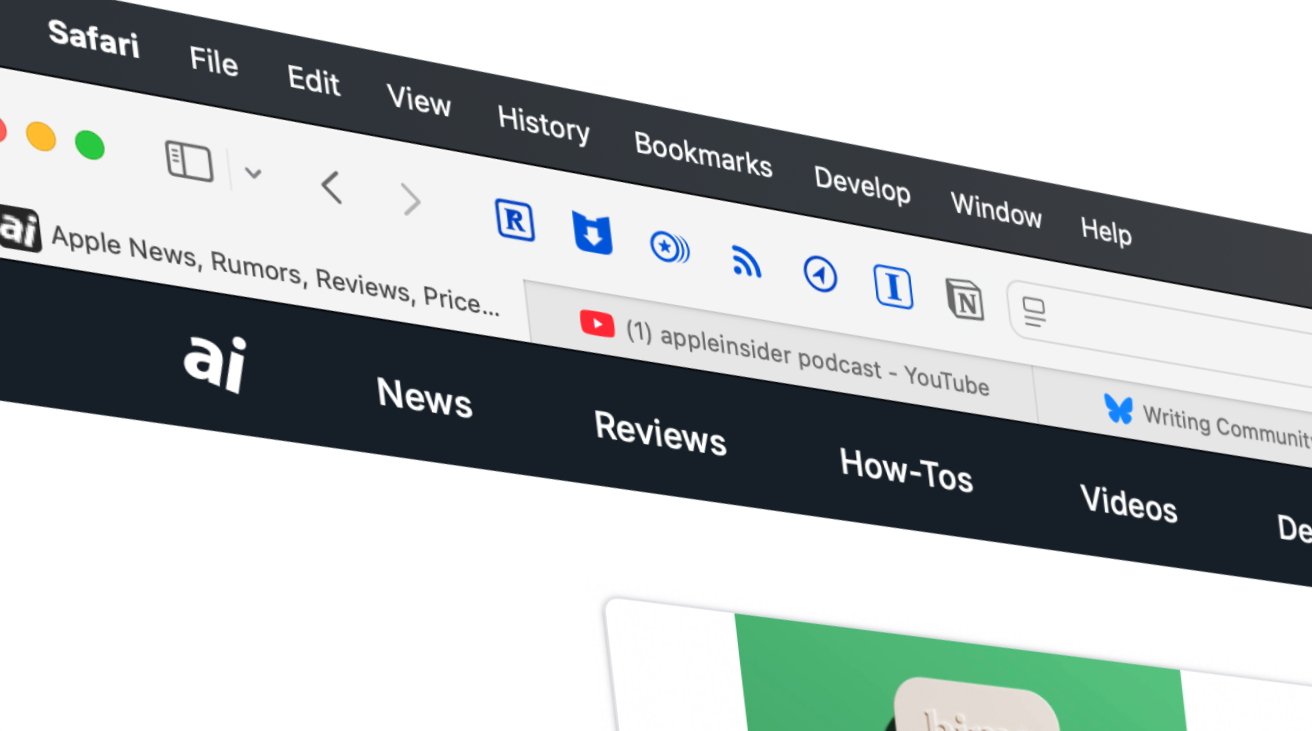Google couldn’t sell AI for Workspace, so it upped the price and bundled it
The big tech giants are all-in on AI. Regular users and corporate customers…not so much. But Google isn’t letting a little thing like reality stop it from injecting its Gemini AI product into every nook and cranny of your life. Instead of charging $20 per user for Gemini in Workspace, Google is just including it from now on. With a price increase. Wonderful. “We believe that AI is not just another tool; it’s a foundational shift in how work gets done,” says Google’s President of Cloud Applications in a blog post. What a shock, the guy selling melons thinks everyone should be buying melons. “…By removing the need to pay for an add-on to access our latest generative AI capabilities, we’re simplifying our plans and pricing to bring the added value of Google AI to all Workspace customers.” The $20-per-user Gemini upgrade is going away, as at least some AI tools are integrated into all Workspace business tiers. AI-powered features like “Help me write” will be coming to all Workspace users, though more advanced AI tools will still be reserved for the Business Standard and Business Plus tiers. It isn’t all wine and roses. The Business Standard tier will increase from $12 to $14, per user per month, “only $2 more than they were paying for Workspace without Gemini,” in Google’s words. That’s nice, Google, but surely at least some people would prefer the choice to decline the raised price. An upsell of $2 instead of $20 is great, but a mandatory price increase is not. Google didn’t say how much the price would go up for Business Plus or Business Enterprise. As TechCrunch notes, Google was probably pushed to make a more visible integration of Gemini after Microsoft began bundling Copilot features into Microsoft 365 plans. Pricing for new Workspace business users begins tomorrow, but existing subscribers will have until March 17 before they see the price increase. “Very small business customers are not subject to price increases at this time,” says the announcement, though how Google makes that distinction isn’t immediately clear.

The big tech giants are all-in on AI. Regular users and corporate customers…not so much. But Google isn’t letting a little thing like reality stop it from injecting its Gemini AI product into every nook and cranny of your life. Instead of charging $20 per user for Gemini in Workspace, Google is just including it from now on. With a price increase. Wonderful.
“We believe that AI is not just another tool; it’s a foundational shift in how work gets done,” says Google’s President of Cloud Applications in a blog post. What a shock, the guy selling melons thinks everyone should be buying melons. “…By removing the need to pay for an add-on to access our latest generative AI capabilities, we’re simplifying our plans and pricing to bring the added value of Google AI to all Workspace customers.”
The $20-per-user Gemini upgrade is going away, as at least some AI tools are integrated into all Workspace business tiers. AI-powered features like “Help me write” will be coming to all Workspace users, though more advanced AI tools will still be reserved for the Business Standard and Business Plus tiers.
It isn’t all wine and roses. The Business Standard tier will increase from $12 to $14, per user per month, “only $2 more than they were paying for Workspace without Gemini,” in Google’s words. That’s nice, Google, but surely at least some people would prefer the choice to decline the raised price. An upsell of $2 instead of $20 is great, but a mandatory price increase is not. Google didn’t say how much the price would go up for Business Plus or Business Enterprise.
As TechCrunch notes, Google was probably pushed to make a more visible integration of Gemini after Microsoft began bundling Copilot features into Microsoft 365 plans. Pricing for new Workspace business users begins tomorrow, but existing subscribers will have until March 17 before they see the price increase. “Very small business customers are not subject to price increases at this time,” says the announcement, though how Google makes that distinction isn’t immediately clear.
What's Your Reaction?







































